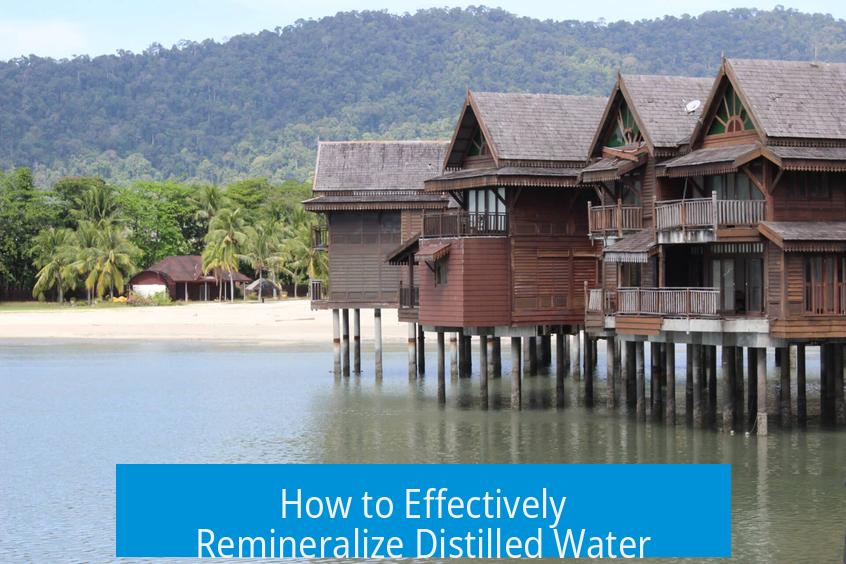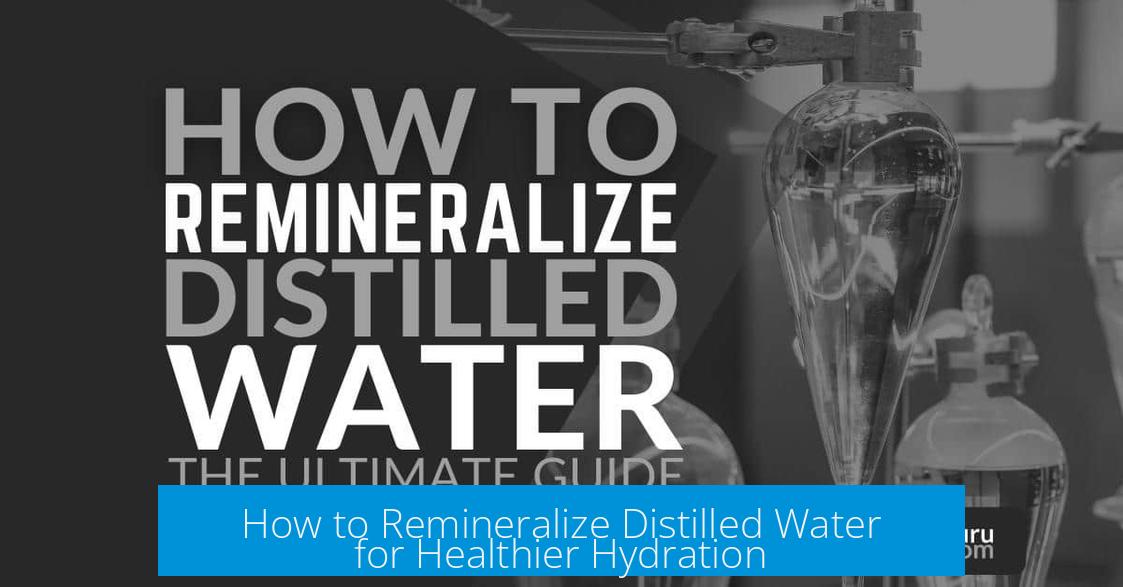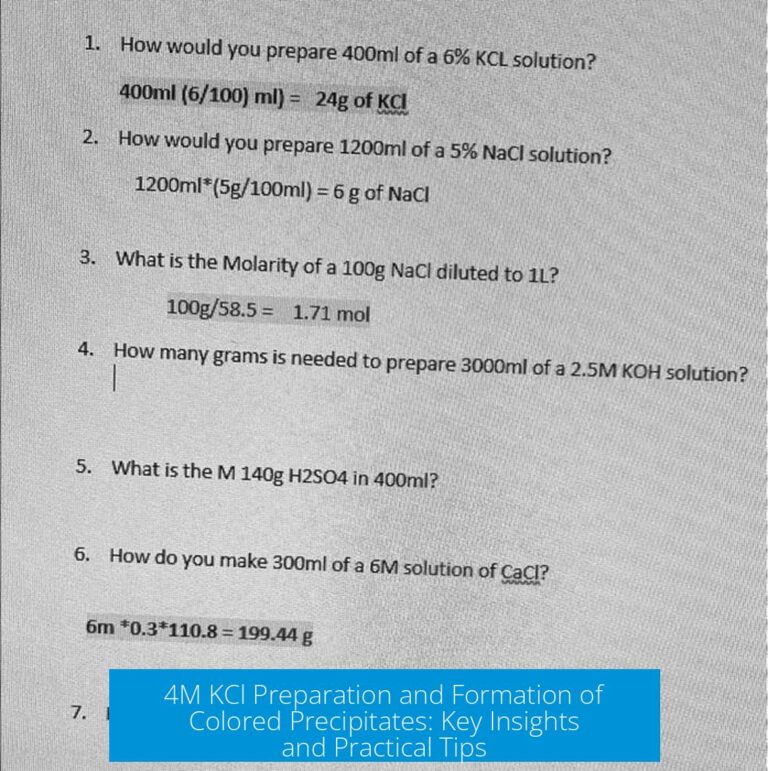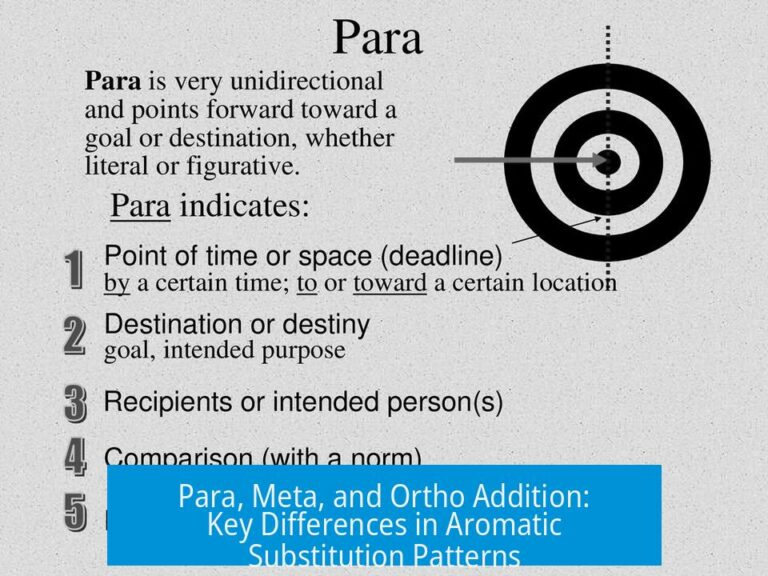How to Effectively Remineralize Distilled Water

Effectively remineralizing distilled water involves adding specific minerals back into the purified water to restore essential electrolytes. A basic approach includes adding sodium bicarbonate and salt, with optional additions of calcium carbonate, magnesium sulfate, and potassium chloride to tailor mineral content.
Why Remineralize Distilled Water?
Distilled water undergoes purification that removes minerals and impurities. While safe to drink, it lacks minerals found in natural water sources. Remineralization becomes important primarily when the body loses electrolytes through heavy exercise, sweating, illness such as diarrhea, or dehydration conditions like hangovers. For everyday consumption, distilled water’s lack of minerals poses no health risks.
Basic Recipe for Remineralization
To remineralize one gallon of distilled water, add:
- Sodium bicarbonate: about one gram (a large pinch) to stabilize pH and add bicarbonates.
- Salt (sodium chloride): a small pinch to replenish sodium and chloride ions.
- Calcium carbonate (optional): a food-grade source of calcium.
- Magnesium sulfate (optional): a very small pinch, commonly known as food-grade Epsom salt, to supply magnesium.
- Potassium chloride (optional): small pinch, found as low sodium salt substitutes, to provide potassium.
Adjusting these minerals sets a balanced electrolyte profile for health needs.
Addressing Mineral Concerns and Toxicity Myths
Some express concern about distilled water’s mineral absence, fearing toxicity or osmotic imbalance. Scientific facts show that the human body handles distilled water safely, given the stomach’s acidic environment and blood’s salt content. Adding a pinch of salt or magnesium chloride extract (nigari) is optional but can ease such worries.
Consider Water Source and Contaminants
Before remineralization, confirm the distilled water is free from volatile contaminants. Distillation removes metals well, but small organic molecules like solvents might persist without precise fractional distillation. Activated charcoal filters or reverse osmosis units with carbon compartments offer supplementary protection.
Distillation vs. Deionization
Distillation and deionization purify water differently. Deionization removes ionic components but may fail to eliminate volatile organic compounds (VOCs). Reverse osmosis combined with activated carbon filtration is more effective for comprehensive purification. Knowing the purification method helps determine if remineralization or further treatment is necessary.
Where to Get Remineralizing Salts
Aquarium stores offer practical sources for remineralization salts, especially for freshwater aquariums. These stores supply mineral blends tailored to water conditioning, including sodium bicarbonate, calcium carbonate, magnesium sulfate, and potassium chloride powders suitable for human-safe remineralization when used in appropriate quantities.
Remineralization vs. Multivitamin Supplements
Remineralization of water addresses electrolyte balance, particularly sodium, potassium, calcium, and magnesium. Multivitamin supplements serve broader nutritional needs but do not replace the need for proper hydration and electrolyte balance. For most people, routine intake of minerals via diet and occasional supplementation suffices without strict remineralization.
General Usage Notes
- Drinking distilled water without added minerals is generally safe and often preferred in brewing teas or coffee because it lacks calcium, improving taste extraction.
- Aeration by pouring distilled water between containers can improve taste.
- Mineral content at low parts-per-million (ppm) levels in water has minimal health impact under normal conditions.
Key Takeaways
- Remineralization typically includes sodium bicarbonate and salt with optional calcium, magnesium, and potassium salts.
- It is mainly necessary after mineral loss from sweating, illness, or dehydration.
- Distilled water is safe to drink without added minerals for everyday use.
- Water source contamination and purification method affect the need for additional treatment.
- Aquarium shops provide suitable remineralizing mineral powders.
- Mineral supplementation through water is complementary to diet and multivitamins, not a replacement.





Leave a Comment